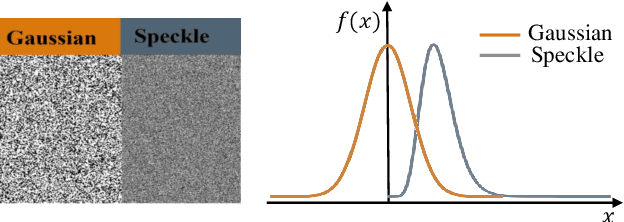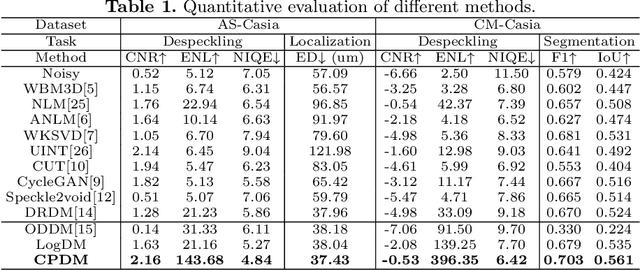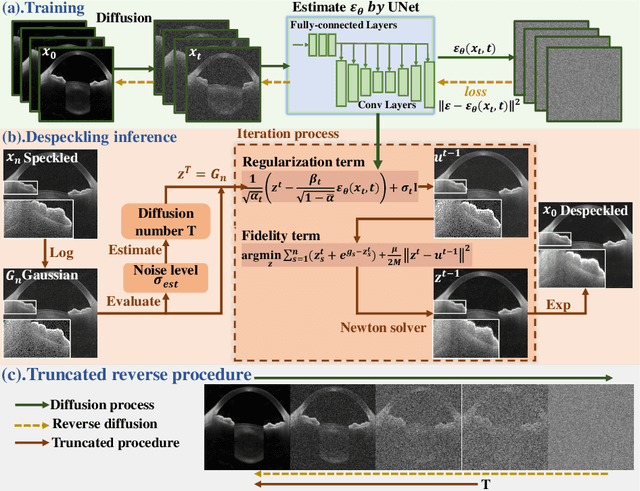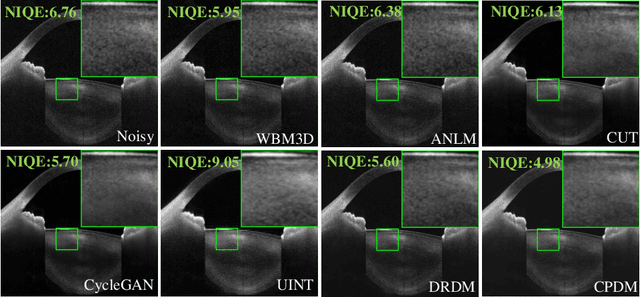Fu Huazhu
Don't Forget What I did?: Assessing Client Contributions in Federated Learning
Mar 11, 2024



Abstract:Federated Learning (FL) is a collaborative machine learning (ML) approach, where multiple clients participate in training an ML model without exposing the private data. Fair and accurate assessment of client contributions is an important problem in FL to facilitate incentive allocation and encouraging diverse clients to participate in a unified model training. Existing methods for assessing client contribution adopts co-operative game-theoretic concepts, such as Shapley values, but under simplified assumptions. In this paper, we propose a history-aware game-theoretic framework, called FLContrib, to assess client contributions when a subset of (potentially non-i.i.d.) clients participate in each epoch of FL training. By exploiting the FL training process and linearity of Shapley value, we develop FLContrib that yields a historical timeline of client contributions as FL training progresses over epochs. Additionally, to assess client contribution under limited computational budget, we propose a scheduling procedure that considers a two-sided fairness criteria to perform expensive Shapley value computation only in a subset of training epochs. In experiments, we demonstrate a controlled trade-off between the correctness and efficiency of client contributions assessed via FLContrib. To demonstrate the benefits of history-aware client contributions, we apply FLContrib to detect dishonest clients conducting data poisoning in FL training.
Content-Preserving Diffusion Model for Unsupervised AS-OCT image Despeckling
Jun 30, 2023



Abstract:Anterior segment optical coherence tomography (AS-OCT) is a non-invasive imaging technique that is highly valuable for ophthalmic diagnosis. However, speckles in AS-OCT images can often degrade the image quality and affect clinical analysis. As a result, removing speckles in AS-OCT images can greatly benefit automatic ophthalmology analysis. Unfortunately, challenges still exist in deploying effective AS-OCT image denoising algorithms, including collecting sufficient paired training data and the requirement to preserve consistent content in medical images. To address these practical issues, we propose an unsupervised AS-OCT despeckling algorithm via Content Preserving Diffusion Model (CPDM) with statistical knowledge. At the training stage, a Markov chain transforms clean images to white Gaussian noise by repeatedly adding random noise and removes the predicted noise in a reverse procedure. At the inference stage, we first analyze the statistical distribution of speckles and convert it into a Gaussian distribution, aiming to match the fast truncated reverse diffusion process. We then explore the posterior distribution of observed images as a fidelity term to ensure content consistency in the iterative procedure. Our experimental results show that CPDM significantly improves image quality compared to competitive methods. Furthermore, we validate the benefits of CPDM for subsequent clinical analysis, including ciliary muscle (CM) segmentation and scleral spur (SS) localization.
 Add to Chrome
Add to Chrome Add to Firefox
Add to Firefox Add to Edge
Add to Edge